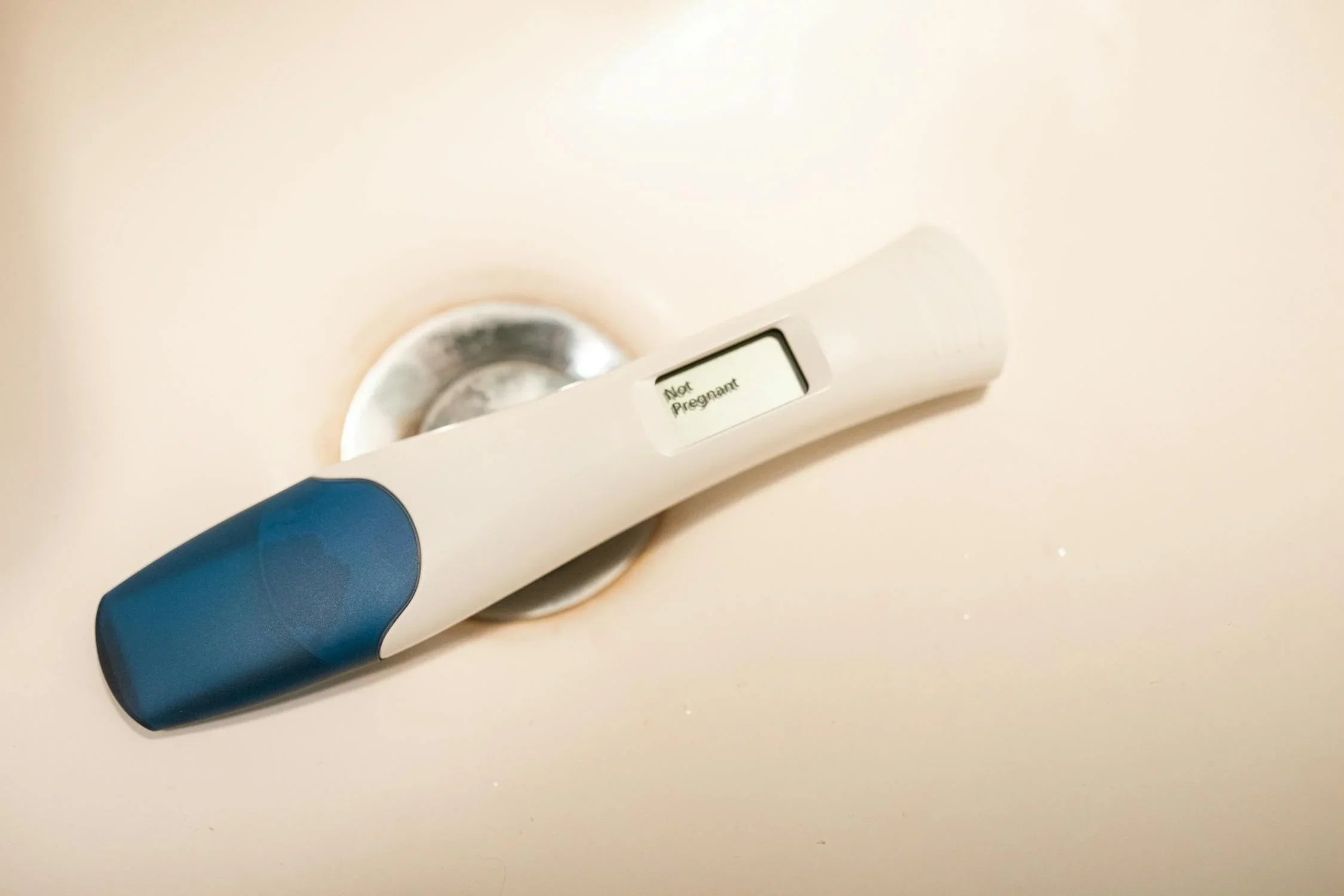Home
Pregnancy, Breastfeeding, and Pumping: The Ultimate Guide for Moms
How Long After Conception to Take a Pregnancy Test: A Comprehensive Guide

How Long After Conception to Take a Pregnancy Test: A Comprehensive Guide
When it comes to confirming a pregnancy, timing is everything. Many individuals wonder, 'How long after conception to take a pregnancy test?' The answer lies in understanding the biological processes that occur after conception and how pregnancy tests detect the presence of pregnancy hormones. This article will guide you through the science, timing, and best practices for taking a pregnancy test to ensure accurate results.
Understanding Conception and Implantation
Conception occurs when a sperm fertilizes an egg, typically in the fallopian tube. After fertilization, the fertilized egg, now called a zygote, begins to divide and travel toward the uterus. This journey takes about 6-12 days. Once the zygote reaches the uterus, it implants into the uterine lining, a process known as implantation. Implantation is crucial because it triggers the release of the hormone human chorionic gonadotropin (hCG), which is what pregnancy tests detect.
The Role of hCG in Pregnancy Testing
hCG is a hormone produced by the cells that will eventually form the placenta. Its levels rise rapidly in the early stages of pregnancy, doubling approximately every 48 hours. Most pregnancy tests are designed to detect hCG in urine. However, the timing of when hCG becomes detectable varies from person to person. Generally, hCG can be detected in urine about 10-14 days after conception, but this can vary based on factors such as the sensitivity of the test and the individual's hCG levels.
When to Take a Pregnancy Test
The timing of when to take a pregnancy test is critical for obtaining accurate results. Taking a test too early can result in a false negative, as hCG levels may not yet be high enough to detect. Here are some guidelines to consider:
- Wait Until After a Missed Period: The most reliable time to take a pregnancy test is after you've missed your period. This typically occurs about 14 days after conception, but it can vary depending on your menstrual cycle length.
- Consider the Sensitivity of the Test: Some pregnancy tests are more sensitive than others and can detect lower levels of hCG. If you're testing early, choose a test with higher sensitivity.
- Test in the Morning: hCG levels are usually more concentrated in the first urine of the day, which can increase the likelihood of detecting the hormone if you're testing early.
Factors That Can Affect Test Accuracy
Several factors can influence the accuracy of a pregnancy test, including:
- Timing: As mentioned, testing too early can result in a false negative. Waiting until after a missed period can improve accuracy.
- Test Sensitivity: Tests with higher sensitivity can detect lower levels of hCG, making them more accurate for early testing.
- User Error: Incorrect usage of the test, such as not following the instructions or using an expired test, can lead to inaccurate results.
- Medical Conditions: Certain medical conditions, such as ovarian cysts or recent miscarriages, can affect hCG levels and lead to false positives or negatives.
What to Do After a Positive Test
If your pregnancy test is positive, it's important to confirm the result with a healthcare provider. They can perform a blood test, which is more sensitive than a urine test, and provide guidance on next steps. Early prenatal care is crucial for a healthy pregnancy, so schedule an appointment as soon as possible.
What to Do After a Negative Test
If your pregnancy test is negative but you still suspect you might be pregnant, wait a few days and test again. hCG levels rise rapidly in early pregnancy, so a test that was negative one day could be positive a few days later. If you continue to experience pregnancy symptoms or have concerns, consult a healthcare provider for further evaluation.
Tips for Accurate Testing
To ensure the most accurate results when taking a pregnancy test, follow these tips:
- Read the Instructions: Each pregnancy test is different, so carefully read and follow the instructions provided with the test.
- Use the First Morning Urine: As mentioned earlier, hCG levels are more concentrated in the first urine of the day, which can improve the accuracy of the test.
- Check the Expiration Date: Using an expired test can lead to inaccurate results, so always check the expiration date before use.
- Avoid Drinking Too Much Fluid: Drinking excessive fluids before testing can dilute your urine and potentially lower hCG levels, making it harder to detect.
Understanding False Positives and Negatives
False positives and negatives can occur with pregnancy tests, and it's important to understand why:
- False Positives: A false positive occurs when a test indicates pregnancy when there is none. This can happen due to certain medications, medical conditions, or even an evaporation line on the test.
- False Negatives: A false negative occurs when a test indicates no pregnancy when you are actually pregnant. This is often due to testing too early or using a test with low sensitivity.
When to Seek Medical Advice
If you have concerns about your pregnancy test results or are experiencing unusual symptoms, it's important to seek medical advice. A healthcare provider can perform additional tests, such as a blood test or ultrasound, to confirm pregnancy and address any concerns you may have.
Knowing how long after conception to take a pregnancy test is essential for accurate results. By understanding the science behind conception and hCG, following best practices for testing, and seeking medical advice when needed, you can confidently navigate this important step in your journey to parenthood. Whether you're hoping for a positive result or preparing for the next steps, being informed and prepared is key.
Share
